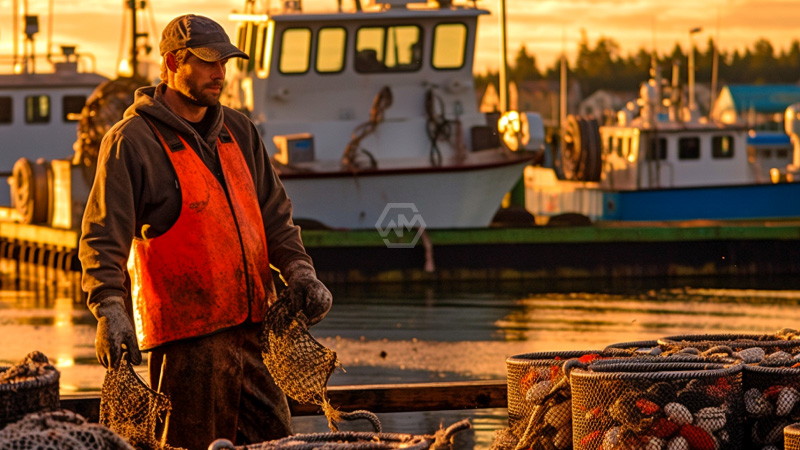- Federal government raises cod quota from 18,000 to 38,000 tonnes despite scientific concern.
- Experts warn move contradicts precautionary fisheries management.
- Fisheries minister faces pressure balancing economic and ecological priorities.
Marine scientists are raising serious concerns after Canada’s federal government announced it would more than double the allowable catch for northern cod off Newfoundland and Labrador.
The increase has drawn criticism from former and current researchers, including Noel Cadigan and Sherrylynn Rowe, who argue that even a small risk of stock collapse—estimated at 4% by 2026 under the new quota—warrants greater caution.
Cod Quota Controversy: Ottawa’s Decision Puzzles Scientists
The federal government’s decision to more than double the cod fishing quota has left marine researchers puzzled, especially given that the northern cod population has not shown significant growth since 2017. While the stock is no longer considered in crisis, it still sits in what DFO terms the “cautious zone”—a category meant to trigger conservative catch limits.
Scientists argue that this move directly contradicts the precautionary approach championed by the department. Increasing quotas in such zones is rare and risks undermining years of slow, fragile stock recovery since the devastating 1992 cod moratorium.
Minister Joanne Thompson cited a recent assessment that shows a high probability the cod stock is above the danger zone. However, that same assessment also predicts moderate risks of stock decline in the near future, even without additional fishing—raising alarms among ecologists who see the increased catch as a potential setback.
Fisheries officials are also navigating strong economic and political pressure from local fishing communities eager to boost incomes. Experts say this dual mandate—conserving fish stocks while supporting industry—can lead to decisions that don’t always align with long-term ecological sustainability.
While the cod stock shows signs of recovery, scientists urge decision-makers to prioritize sustainability over short-term gains, warning that history must not repeat itself.
“You’re talking about a small risk of a disaster.” – Noel Cadigan



